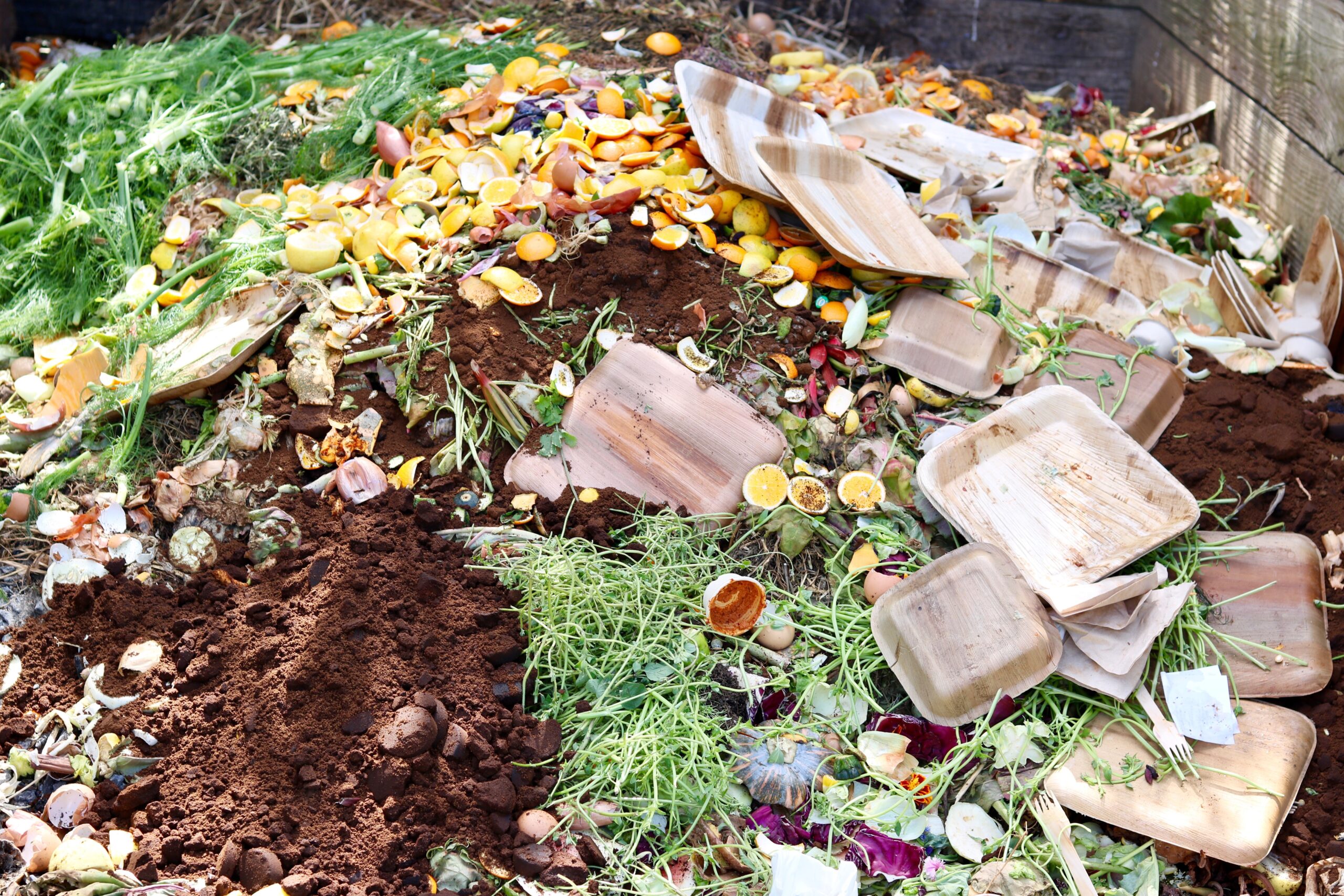
Let’s face it. Our trash cans are working overtime. From banana peels to coffee filters, we toss out heaps of stuff every week that could actually be living a second, more meaningful life as nutrient-rich compost. Composting isn’t just for hardcore gardeners or people who name their plants (no judgment if you do). It’s one of the easiest and most effective ways to reduce waste, help the planet, and even improve your soil if you have a garden or potted plants. So before you chuck that apple core or used paper towel, let’s talk about what should go in the compost bin, not the trash.
1. Fruit and Vegetable Scraps – The Composting All-Stars
If you eat it raw, it can probably be composted. Apple cores, orange peels, potato skins, carrot tops, and even that sad, wilted lettuce hiding in the back of your fridge are all compost gold. Just skip anything oily, cooked, or covered in dressing, which are those can attract pests and slow decomposition. Citrus peels and onions are fine in moderation, though too much can make your compost pile a little too acidic for comfort.
2. Coffee Grounds and Tea Bags – Morning Fuel for Your Soil
Coffee grounds are like an espresso shot for your compost pile. They’re full of nitrogen, which helps break down other materials faster. You can even throw in the paper filters; they’ll decompose right along with the grounds. Tea bags are compostable too, but check first: some modern tea bags contain a bit of plastic mesh (sneaky, right?). Tear open the bag and toss just the leaves if you’re unsure.
3. Eggshells – Nature’s Calcium Boost
Before you throw those shells away, crush them up and add them to your compost. Eggshells break down slowly, but they add valuable calcium, which strengthens plant cell walls and helps balance soil acidity. Plus, they make you feel slightly less guilty about eating that second omelet.
4. Yard Waste – Leaves, Grass Clippings, and Twigs
If you’ve ever raked a yard, you know leaves are a never-ending problem. Luckily, composting gives them a new purpose. Dry leaves, small branches, and grass clippings are all fantastic “browns” and “greens” that help balance your compost. Browns (like dried leaves) add carbon, while greens (like fresh grass) add nitrogen. Just remember: if you’ve treated your lawn with chemicals, skip composting that batch.
5. Paper Products – Yes, Even Some Junk Mail
Paper breaks down beautifully in compost as long as it’s not coated or glossy. Shredded newspaper, cardboard, paper towels, napkins, and even plain paper plates can all join the pile. These “browns” help soak up moisture and balance out wetter food scraps. Just remove any plastic labels or tape first. (Your compost pile doesn’t want to digest those.)
6. Hair, Pet Fur, and Nail Clippings – Believe It or Not
It sounds weird, but hair and fur are totally compostable! They’re rich in nitrogen and decompose well over time. So the next time you clean out your hairbrush or your dog’s grooming brush, add it to the compost bin. Human nail clippings are also fine, though maybe warn your family before tossing them in as no one likes a surprise in the compost pile.
7. Natural Fabrics – When Clothes Retire Gracefully
If you’ve got old cotton shirts, linen napkins, or wool socks beyond repair, they can also be composted as long as they’re 100% natural fiber and free from synthetic dyes or elastic. Cut them into smaller pieces to help them break down faster.
8. Avoid These Compost Party Crashers
Not everything belongs in the compost bin. Skip meat, dairy, oils, and anything greasy—they attract pests and create unpleasant smells. Also avoid pet waste, diseased plants, or anything treated with harsh chemicals.
Turning Trash Into Treasure
Composting might sound like a small act, but it adds up. The EPA estimates that about 30% of what we throw away could be composted. By diverting organic waste from landfills, you’re reducing methane emissions and creating a free, natural fertilizer.
So next time you’re standing over the trash can with a banana peel in hand, pause for a second. That little peel could help grow your next bunch of bananas or at least make your garden a happier, healthier place. Composting: it’s the circle of (eco-friendly) life.
The role of local garbage collection is more important than ever. We encourage responsible waste management so we can all ensure that future generations inherit a cleaner and more sustainable environment. Contact AAA Sanitation & Garbage Removal today to be your premier sanitation service provider.
AAA Sanitation & Garbage Removal
79 Business Dr Ste A
Hull, GA 30646
(706) 543-7788
https://aaasanitationco.com/
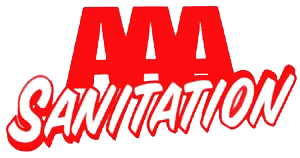
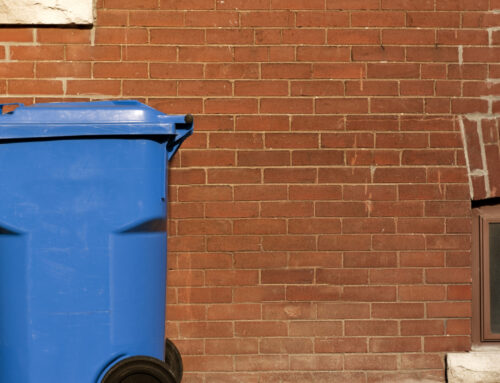
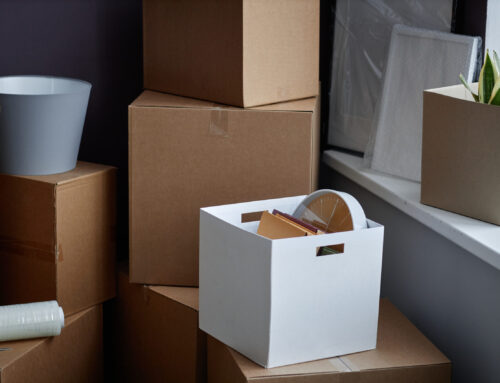
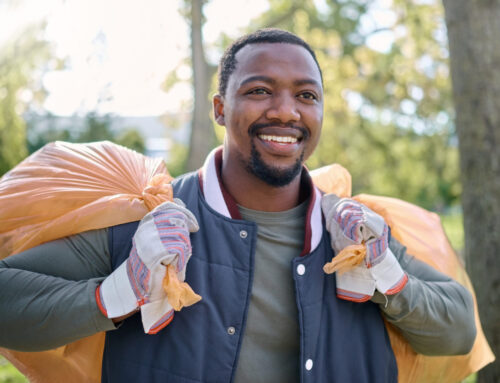
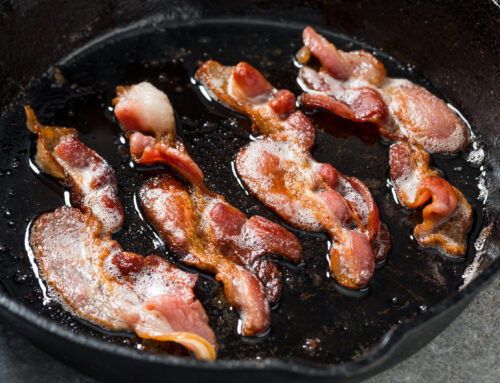
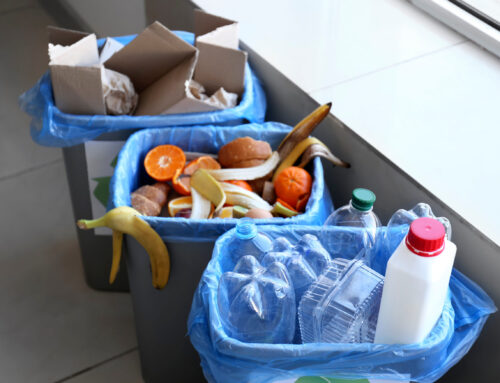
Leave A Comment